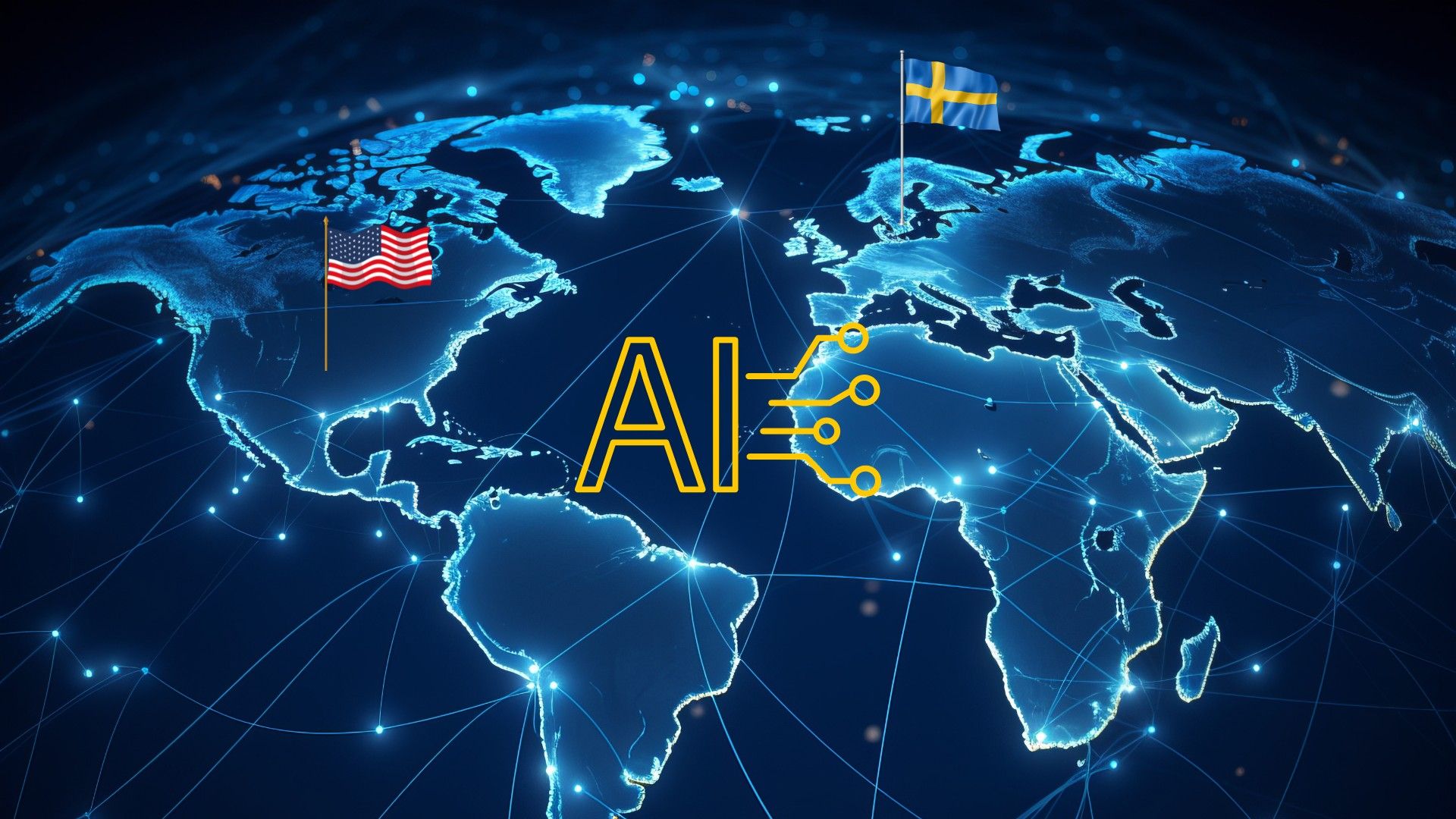🧠 Artificial Intelligence
Artificial intelligence (AI) helps doctors make better diagnoses, scientists create new materials, farmers grow crops more effectively and all of us driving cars - and millions of other applications. This topic also covers subsets of AI such as machine learning (ML), deep learning and neural networks.
🧬 AlphaFold's goes beyond protein – will speed up drug discovery
AI AlphaFold expands beyond proteins to various biomolecule structures. This opens new horizons in drug discovery and disease understanding.
🦾 The end is near – again (don't regulate AI based on yet another tech panic)
The Y2K scare cost billions of dollars. Anti-GMO campaigns are hurting children with vitamin A deficiency. Fearmongering and excessive caution have severe consequences. We must avoid making the same errors with AI.
📲 Oxford researchers: Overblown fears about misinformation from AI
Generative AI like ChatGPT, Midjourney and DALL-E will “trigger the next misinformation nightmare." But so far, the evidence doesn't support this claim and there are good arguments as to why that won't change, writes three researchers.
🧠 New AI enables real-time brain tumor diagnosis during surgery
Scientists unveil an innovative artificial intelligence tool that swiftly diagnoses tumor types during surgery.
👩🏫 Towards the centaur school - part 1
I found myself sitting there again. In a teacher's room. Almost 20 years since last time. Back then as a student teacher, this time as an AI developer. Now begins a journey towards developing AI services for education.
🦾 US and Sweden are among top AI beneficiaries
US, Singapore, Sweden, the UK, and Switzerland are poised to gain immensely from AI.
🦾 ChatGPT diagnoses as accurately as ER doctors
ChatGPT was compared to doctors in a Dutch study. Version 4 of ChatGPT made the correct diagnosis in 97 percent of cases.








